Henan Vest Machinery Co.,Ltd
Composting Fertilizer
Composting is the process of converting organic waste into fertilizer. It involves collecting and piling organic waste, such as food scraps, plant clippings, and animal manure, and using microbial decomposition to convert it into compost.
The Organic Fertilizer Composting process includes the following steps :
Waste Collection : Collect organic waste—chicken manure, pig manure, cow dung, animal manure, and poultry manure—including food scraps, plant debris, and animal waste. It is important to note that organic waste must be natural and free of toxic or chemical contaminants.
Pile : Pile the organic waste. During the pile, humidity, ventilation, and temperature must be controlled to provide favorable environmental conditions for microbial decomposition.
Turning : Regularly turning the compost promotes aeration and mixing, creating better decomposition conditions. This helps accelerate the decomposition of organic matter.
Decomposition : During the piling and turning process, microorganisms such as bacteria and fungi break down the organic waste. They consume the organic matter and convert it into nutrient-rich substances that plants can absorb.
Maturity : After a period of decomposition, organic waste gradually transforms into stable organic matter. Compost is mature when it appears dark brown, soil-like, and has no noticeable odor.
VEST China offers Organic Fertilizer Composting Machine.
Six types of compost turners : Wheel-type compost turner, Chain Plate compost turner, Groove-type compost turner, Moving-type compost turner, Crawler-type compost turner, and Tractor-pulled compost turner.
Two types of fermenters : vertical and horizontal.
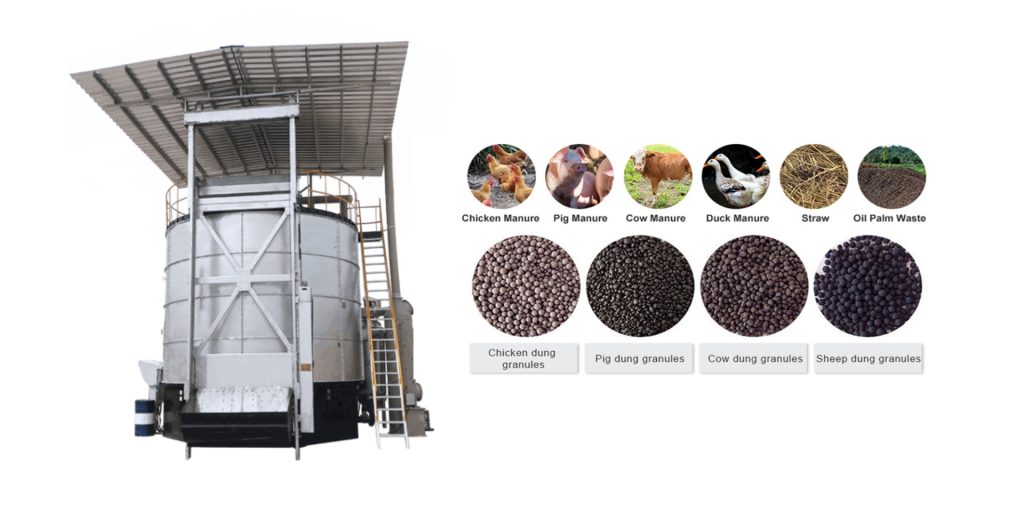
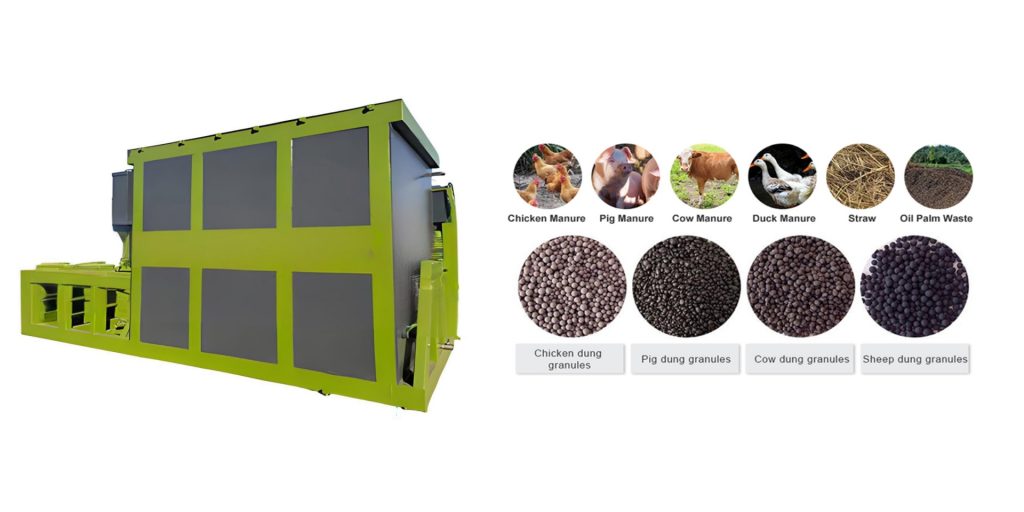
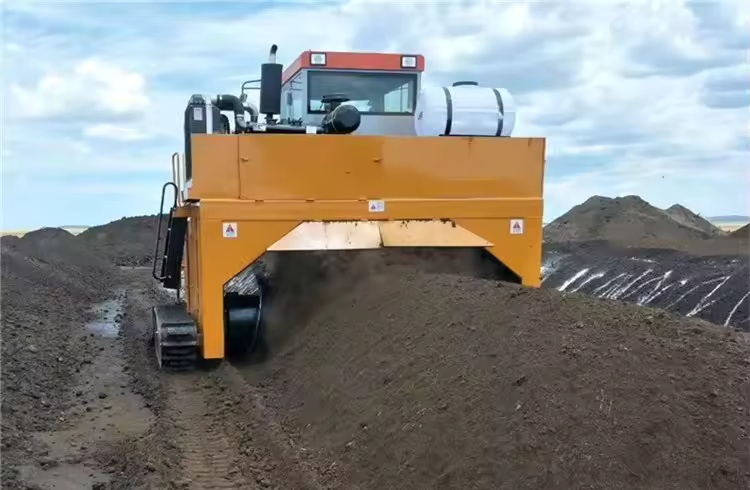
The benefits of Organic Fertilizer Composting include:
Resource Recovery : Composting effectively utilizes organic waste, recovering organic matter and nutrients while reducing the burden on landfills.
Soil Improvement : Compost strengthens soil structure, increases water retention and aeration, improving soil fertility and crop growth.
Nutrient Supply : Compost is rich in organic matter and nutrients, providing essential nutrients for plants and promoting healthy growth.
Environmental Benefits : By reducing the need for landfill and incineration of organic waste, composting helps minimize greenhouse gas emissions and environmental pollution.
It is important to note that the composting process requires time and management. The proper waste-to-compost ratio, moisture control, appropriate turning frequency, and proper compost application all affect the quality and effectiveness of the compost.
We provide the design and equipment for the following fertilizer granulation systems
Give us a call or Simply Complete the Form
Address:Zhengzhou City, Henan Province, ChinaPhone:+86-15538359886Email:[email protected]
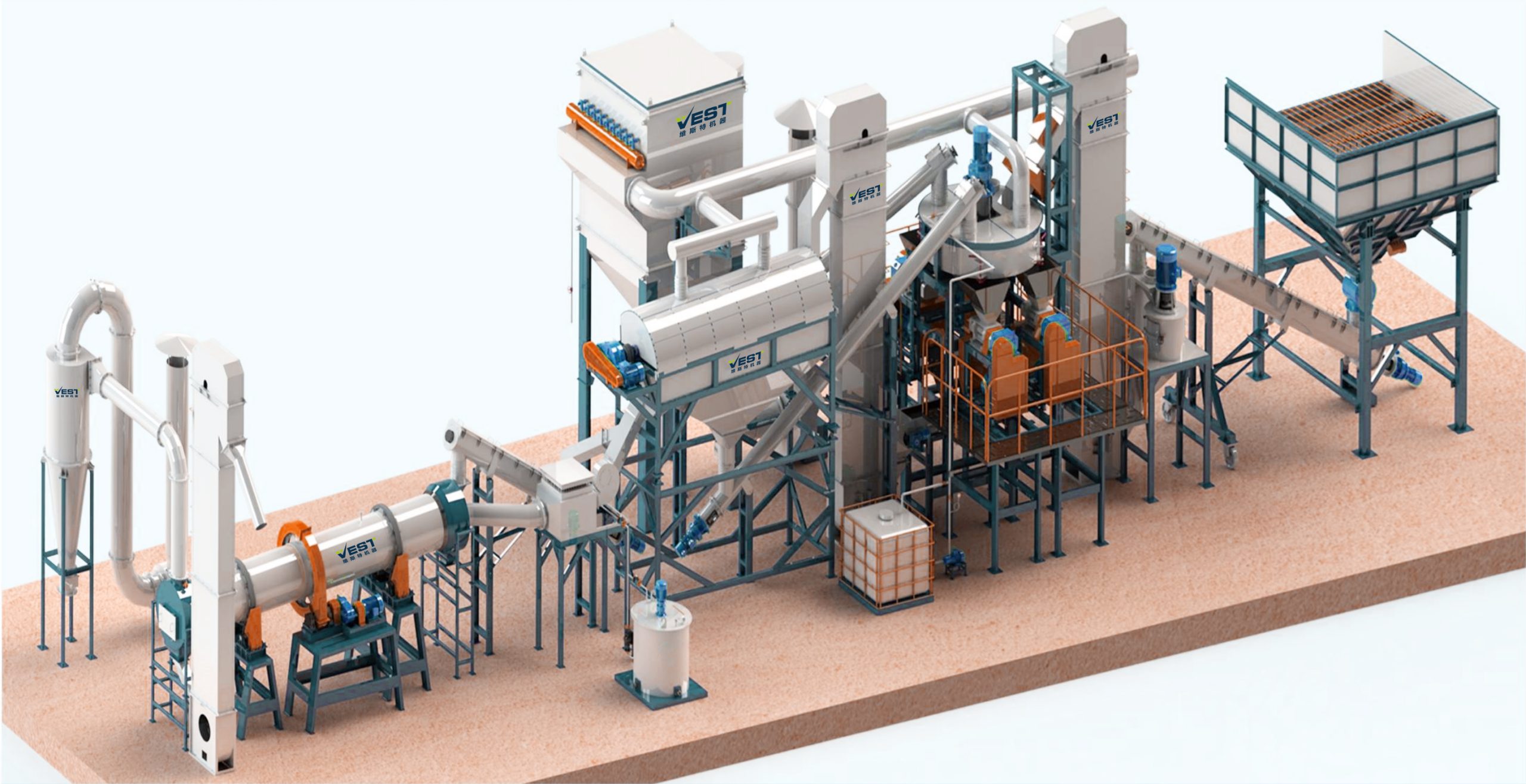
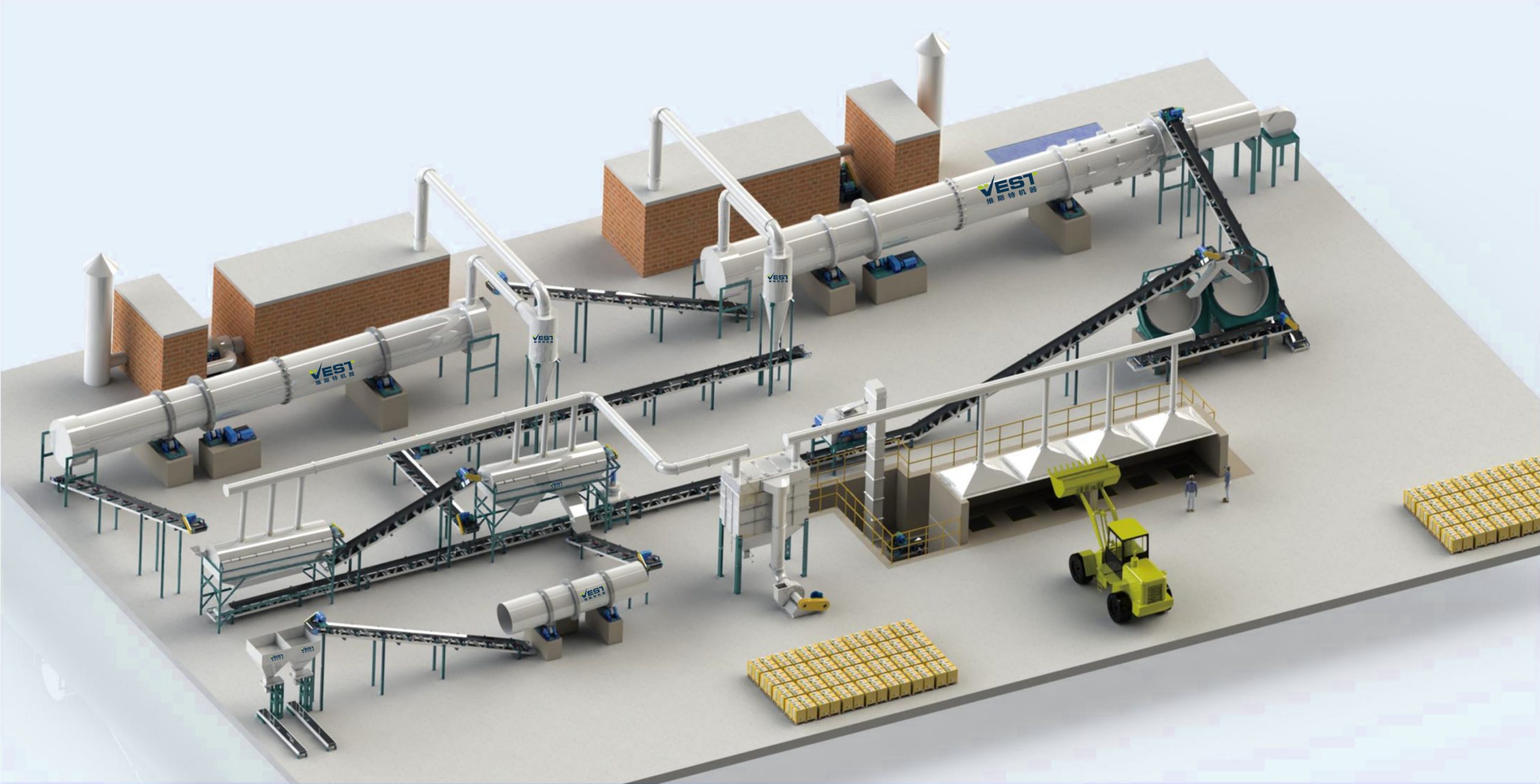
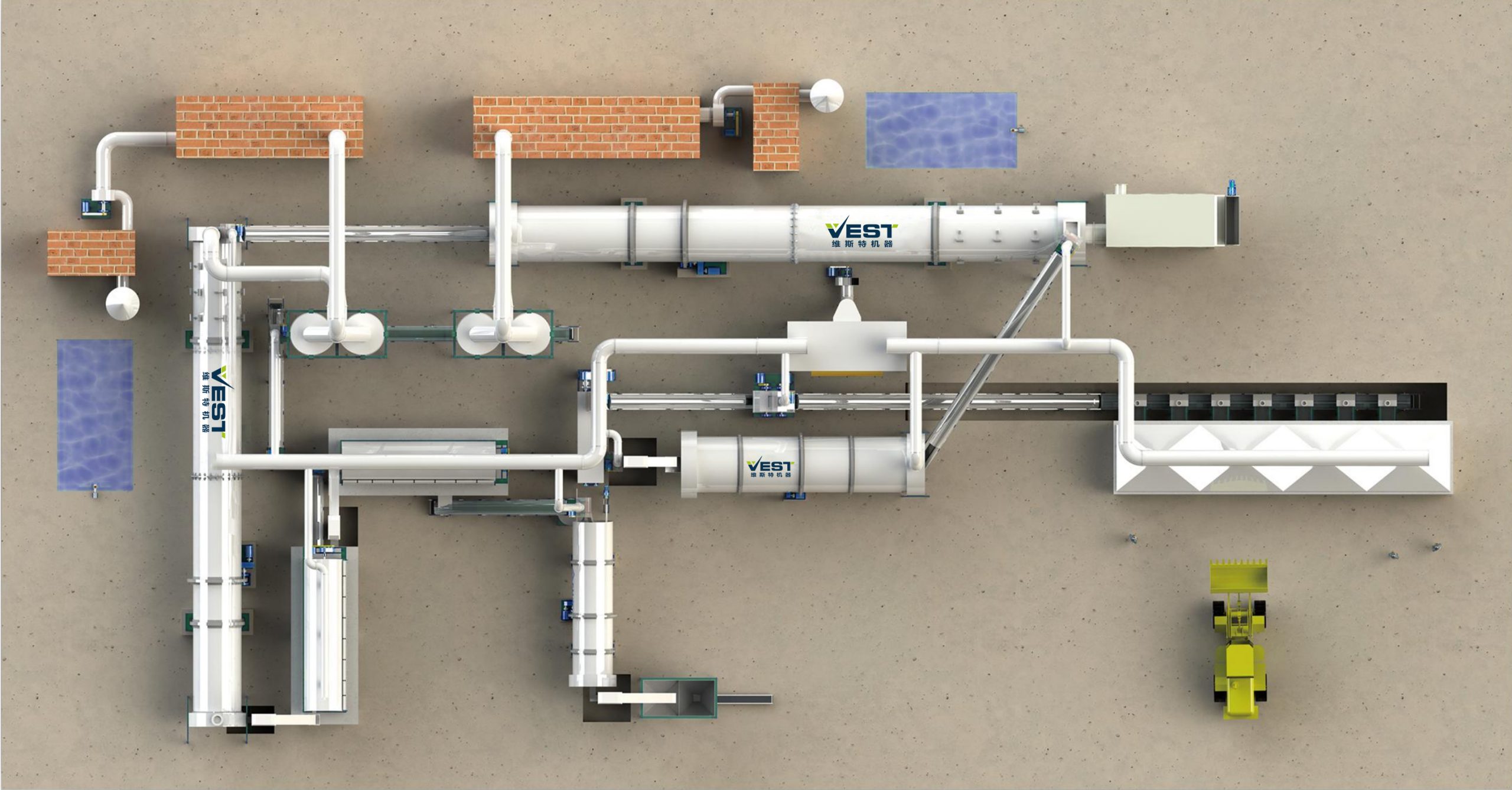
.png)